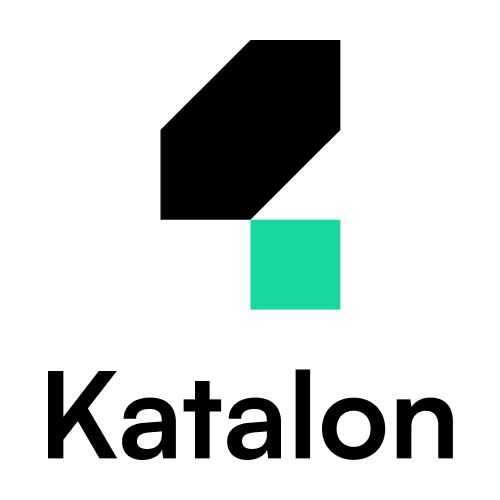308 reads
15 Highly-Rated DevOps Tools for 2022
by
March 24th, 2022
Audio Presented by

Katalon is the leading low-code test automation solution for Web, API, Mobile, and Desktop apps.
About Author
Katalon is the leading low-code test automation solution for Web, API, Mobile, and Desktop apps.
